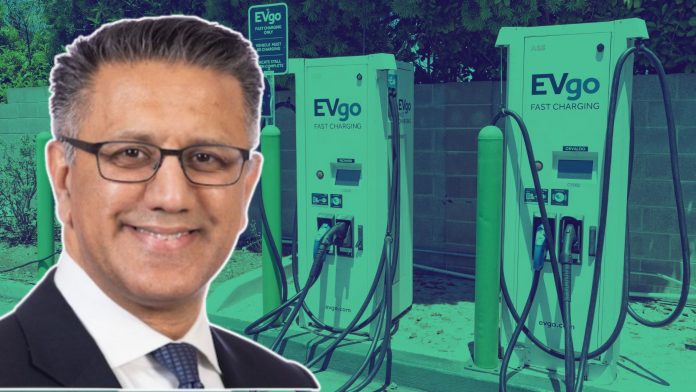In a significant move to accelerate the adoption of electric vehicles (EVs), the U.S. Department of Energy (DOE) has approved a $1.25 billion loan to EVgo.
This funding will enable EVgo to install approximately 7,500 new chargers at roughly 1,100 charging stations across the country over the next five years, with a strong emphasis on fast-charging 350kW stalls capable of charging two vehicles simultaneously. This marks a critical step in addressing one of the biggest barriers to EV adoption: the availability of reliable and accessible charging infrastructure.
The loan also reflects President Joe Biden’s continued push to expand the nation’s EV infrastructure before he exits office. With the 2024 presidential election around the corner, Biden is moving swiftly to allocate funds for EV-related projects, as his successor, former President Donald Trump, has pledged to reverse or cancel much of the Biden administration’s spending on EV initiatives. Trump has indicated he would eliminate the $7,500 tax credit for new EV purchases and cut funding for charging infrastructure projects established under the Inflation Reduction Act (IRA).
EVgo is set to partner with General Motors in a nationwide effort to deploy EV chargers. The companies recently celebrated the activation of their 2,000th charging stall, and this new funding will help expand their collaboration further. EVgo’s expansion project is expected to create approximately 180 external construction jobs and over 550 maintenance and support positions, which aligns with the administration’s goal of fostering job creation through clean energy investments.
In addition, this loan to EVgo is part of a broader initiative by the Biden administration to address the current EV charging network’s fragmented and often frustrating state. EV owners have consistently cited unreliable chargers and broken equipment as a major hurdle to widespread EV adoption. Biden’s commitment to building a robust charging network includes a target of 500,000 chargers by 2030, as outlined in the Bipartisan Infrastructure Bill, which allocates $7.5 billion to charging expansion efforts. While initial progress was slow, recent updates show that momentum is building.
According to the DOE, the U.S. has over 204,000 publicly available charging ports, including Level 2 and DC fast chargers. Notably, nearly 38,000 new public chargers have been installed this year alone, with approximately 1,000 new public chargers added every week.



